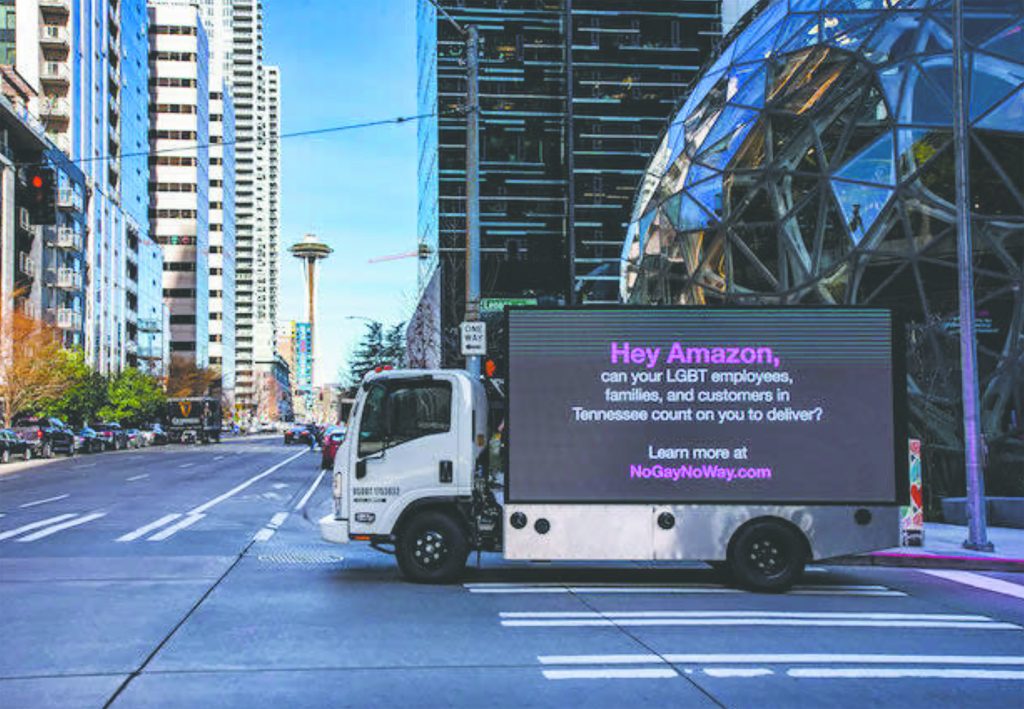Opinion: What role should corporations play in societal change?
The rise in corporate power has restructured society and has seen the relationships between the public and private sphere change. Traditionally, corporations were seen as entities outside of societal structures and unbiased in regards to policy. They were expected to remain neutral and stay in the world of economy and capital.
The past couple decades have seen a shift in the way companies situate themselves to the public. The global rise in social media and information sharing — along with a new wave of progressives — have increased corporate responsibility and connection to the public.
Now more than ever, we see companies taking a political stand, engaging in activism and leading discussions on social change. For example, Starbucks launched it’s 2015 “Race Together” campaign, which was meant to start a public dialogue about racial tensions by having Starbucks employees talk with customers about race. Ultimately, the campaign received immense backlash and was unsuccessful due to the nature of the topic. Although the campaign missed the sensitivity mark, it was a clear attempt from a corporation to get involved in social discussions.
Starbucks also stood out as a corporate leader in addressing social issues back in 2018 when two black customers — who were waiting for another guest to join them — had the police called on them by a Starbucks employee. Starbucks employees across the U.S. participated in a mandatory training on racial and implicit bias in order to appropriately address the situation.
Whether these training and campaigns were successful or not, the corporate leaders of Starbucks showed that they were willing to engage in important national discussions and hold themselves accountable to the society they exist in.
This push for companies to be socially responsible has continued. Since then, Amazon announced its plans for new office buildings in Nashville, where activists have called for the company’s help in the fight against anti-LGBT+ legislation in Tennessee. Lawmakers in Tennessee have considered a number of policies that would legalize discrimination based on sexuality, such as banning same-sex couples and transgender people from adopting.
The activist group has called upon Amazon to speak out against the policies and all forms of anti-LGBT+ behavior as part of it’s ‘No Gay No Way’ campaign.
“This is a huge company with tremendous political and financial capital, in every state in the country,” said Conor Gaughan, director of the campaign. “We want them to use that power to really drive positive change.”
The campaign and its leaders have cited the power and role of Amazon in the nation and in local communities as the reason they should speak out against regressive policies such as the ones being considered in Tennessee.
The tremendous amount of influence and power that corporations have is why their involvement in social change and discussions is crucial. We cannot have a national discussion about jobs, wages and poverty without including the companies that are so pivotal to these systems. We cannot engage in creative problem solving for environmental issues facing society without including corporations in this discussion. Corporate entities must be involved in social change and issues because they are part of our society — not separate from it.
The role of corporations in society is rapidly changing from spectator to active participant. As the political landscape of America continues to transform, we will see that our capitalist structures and corporate firms are not only embedded in social issues, but embedded in social solutions.



